

Utilising lubricant specifically formulated for air compressors in high-pressure cleaning machinery is not advisable. Such lubricants typically do not possess the necessary viscosity and additives required to ensure optimal operation of high-pressure systems. In most scenarios, manufacturers recommend dedicated lubricants tailored for cleaning equipment to maintain longevity and performance.
Engaging a lubricant designed specifically for hydraulic applications guarantees that the internal components of the cleaning unit operate smoothly without risking premature wear or damage. The composition of these specialised oils incorporates anti-wear and anti-foaming properties, which are crucial for the demanding environment within high-pressure units.
When selecting a lubricant, checking the manufacturer’s guidelines is paramount. Often, they will specify the type and viscosity of fluid best suited for your model, ensuring its reliability while promoting efficient functioning. Regular maintenance using the correct lubricant type will prolong the service life of your cleaning gear and enhance overall performance.
Differences between compressor oil and pressure washer pump oil
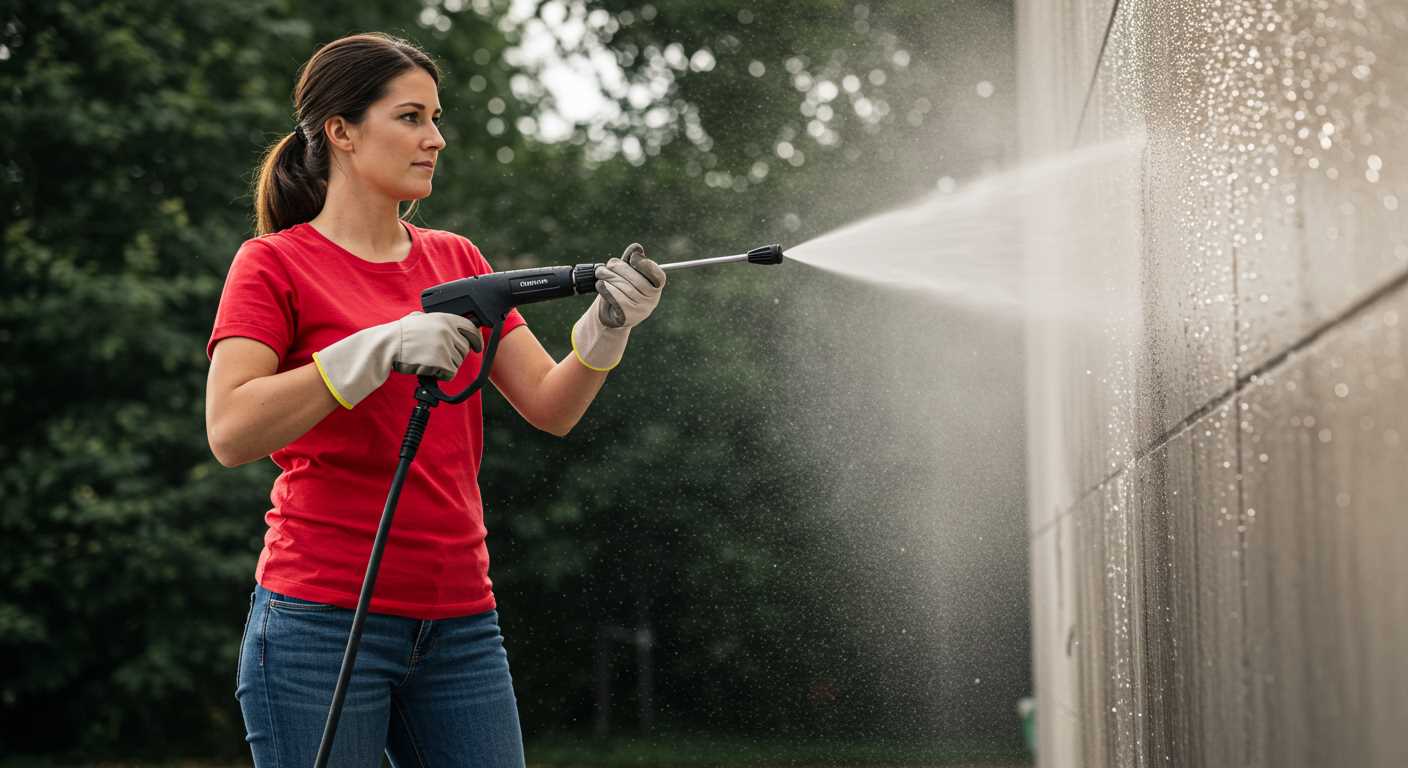
Compressor lubricants and those designed for cleaning equipment serve distinct functions and have different compositions. Opting for the wrong type can lead to reduced performance and potential damage to the machinery.
Composition
- Compressor lubricants are often formulated with additives that enhance their ability to handle high pressures and extreme temperatures, while typical pump lubricants focus on providing stable lubrication at varying pressures and conditions during cleaning tasks.
- The viscosity grades can also differ. Many cleaning pump lubricants feature lower viscosity for better fluid movement, whereas compressor variants may be higher to handle specific mechanical stresses.
Functionality
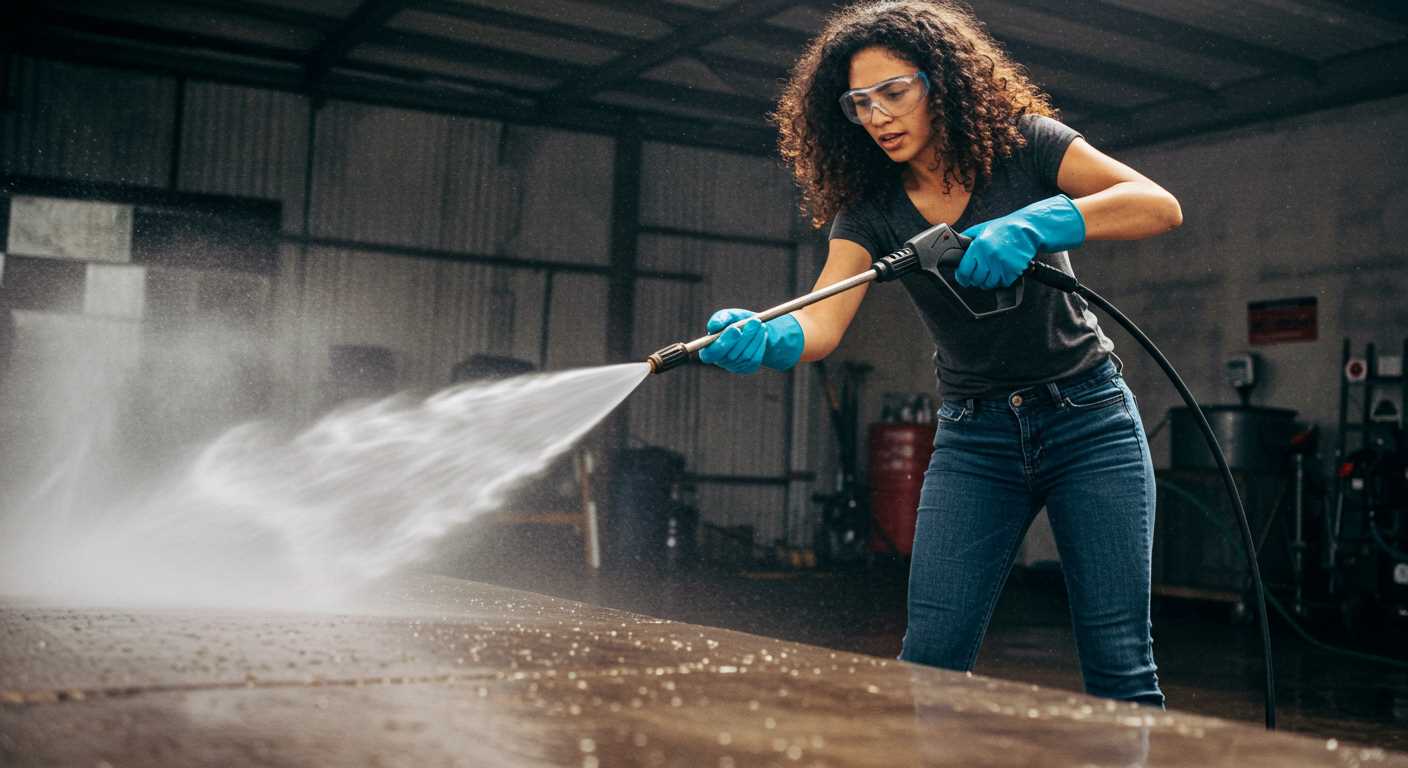
- Equipment lubricants enable smooth operation by reducing friction in moving parts. Specific cleaning equipment oils also contain anti-foaming agents to prevent bubbles that can hinder the performance of pumps during operation.
- Compressor oils are designed to create a seal and maintain pressure, which is less relevant for cleaning devices that rely predominantly on water flow and not air compression.
Understanding these distinctions is crucial. Using the proper lubricant enhances the longevity and functionality of your equipment. Prioritising manufacturer recommendations ensures optimal performance and efficiency.
Potential risks of using compressor oil in pressure washer pumps
Applying lubricant designed for air compression systems in high-pressure cleaning apparatus can lead to significant drawbacks. Firstly, viscosity differences may result in inadequate lubrication of vital components. The pressure generated during operation can lead to overheating, causing seals and O-rings to degrade prematurely.
Compatibility issues are another concern. Many lubricants contain additives that may chemically react with materials in the components, leading to deterioration and potential leaks. Further, improper lubrication can compromise the seals, resulting in fluid leaks that diminish performance and could lead to permanent damage.
The presence of additives designed for air compressors may leave residues that affect the efficiency of high-pressure systems. These residues can clog filters and inhibit proper functioning, leading to more frequent maintenance or complete system failure. Regular upkeep and replacement with appropriate lubricants are essential in maintaining the longevity and reliability of these cleaning units.
Inconsistent performance can stem from incorrect lubrication, as it may cause variations in pressure and flow, making the cleaning process less effective. Ultimately, utilising the proper lubricant ensures optimal functionality and longevity of the equipment.
Recommended oil types for various pressure washer models
Department of tools I’ve come across frequently recommends specific lubricants tailored to different models. For example, many Honda engines operate best with 10W-30 detergent motor oil, especially in variable temperatures. The same goes for units powered by Generac engines that typically prefer a similar viscosity range for optimal performance.
Karcher devices, particularly those using axial pumps, often specify a high-quality pump oil such as Karcher’s proprietary formula. It’s critical to adhere to these recommendations, as they have been designed for maximum longevity and efficient operation.
Units from Simpson, especially those featuring triplex pumps, typically recommend synthetic pump oil. This enhances protection against wear and provides superior performance at varying operating temperatures. Look for oils labelled specifically as suitable for triplex pumps, ensuring compatibility and efficiency.
Ryobi pressure machines, while generally lower in power, still require proper lubrication. A good choice here would be a light mineral-based oil, which ensures ease of maintenance without compromising the equipment’s overall function.
Lastly, select models from Husqvarna often come with a detailed maintenance manual that specifies using ISO 100 grade oil for the pump. This viscosity allows for sufficient lubrication without creating excessive resistance during operation.
For any equipment, consulting the manufacturer’s manual is crucial to determine the right type of lubricant for your specific model. Choosing the appropriate lubricant not only keeps the pump running smoothly but also extends the lifespan of the product.
How to identify if compressor oil is suitable for your pump
Check the manufacturer’s specifications for viscosity rating. The oil used in a washing machine usually falls within a specific range, often characterised by SAE ratings. Compare this with the ratings of the oil in question.
Examine the chemical composition. High-quality lubricants usually contain additives that enhance performance and prevent degradation. Verify if the product incorporates anti-wear agents or detergents, as these are essential for maintaining pump health.
Review compatibility features
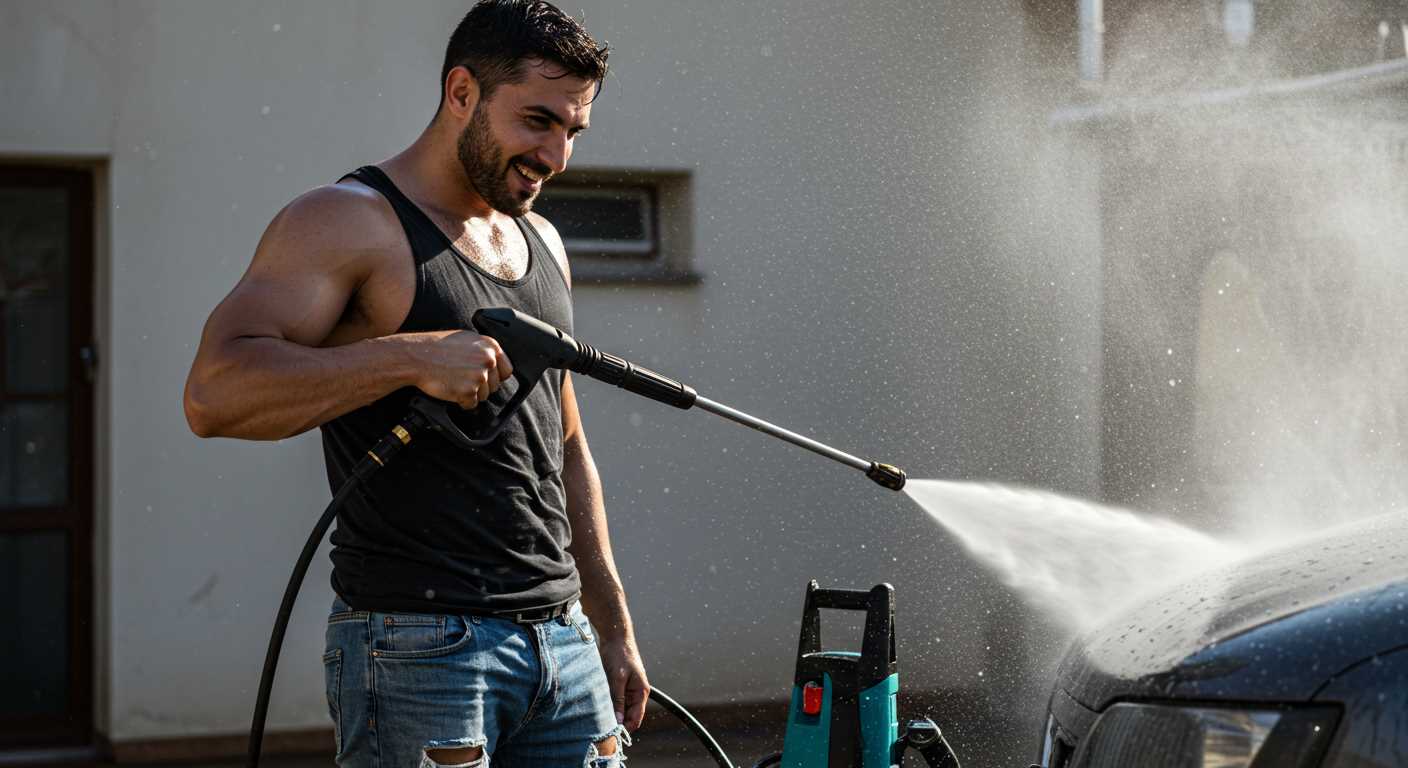
Consider the seal materials in your hydraulic system. Some substances may not tolerate certain additives well, leading to leaks or degradation. Consult the technical documentation to ensure compatibility between lubricants and seals.
Test operational performance
Monitor the operational temperature of the equipment after applying a new lubricant. If the temperature exceeds recommended limits, it could signal poor performance compatibility. Look for unusual noises or vibrations that indicate improper lubrication as well.
Steps for Properly Changing Oil in a Pressure Washer Pump
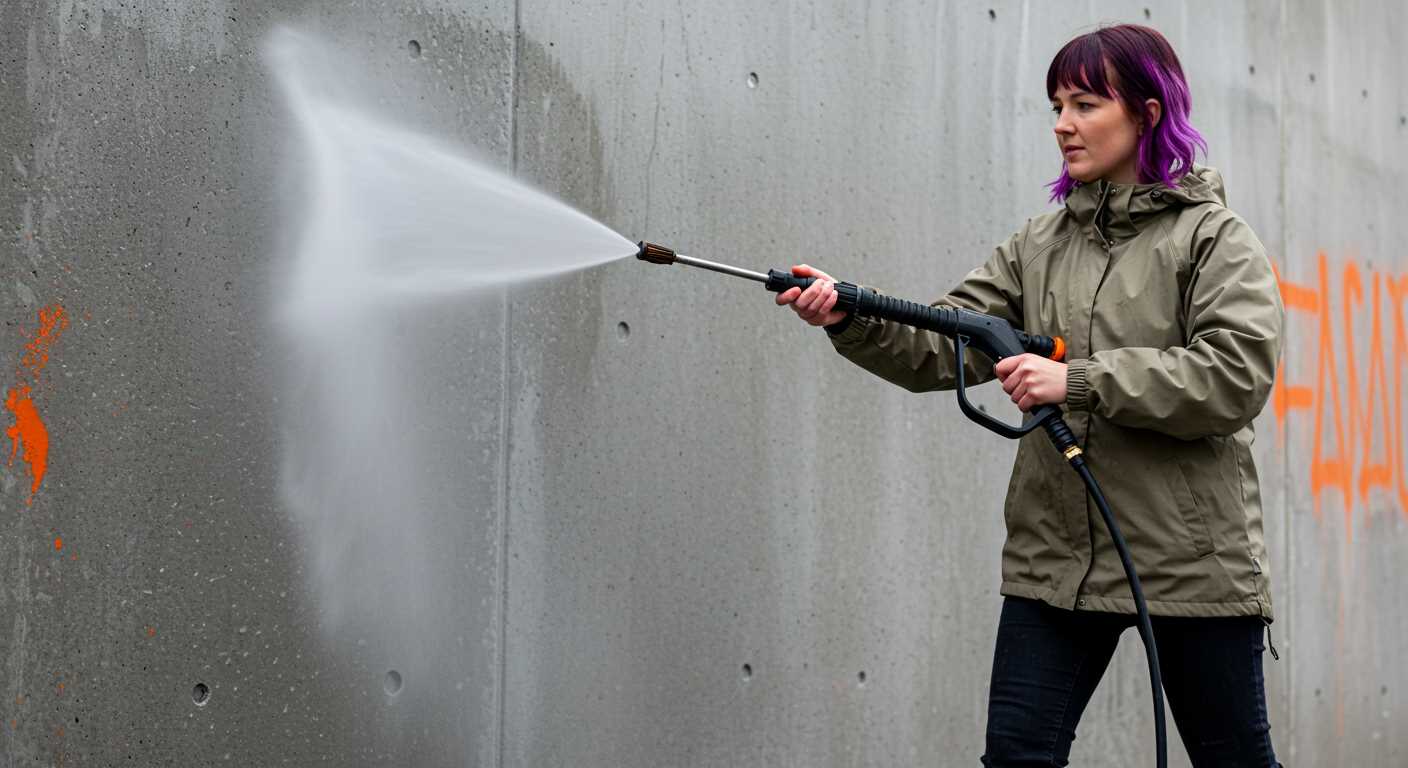
To ensure optimal performance of a cleaning device, follow these clear steps for an oil change in the pump mechanism.
Required Tools and Materials
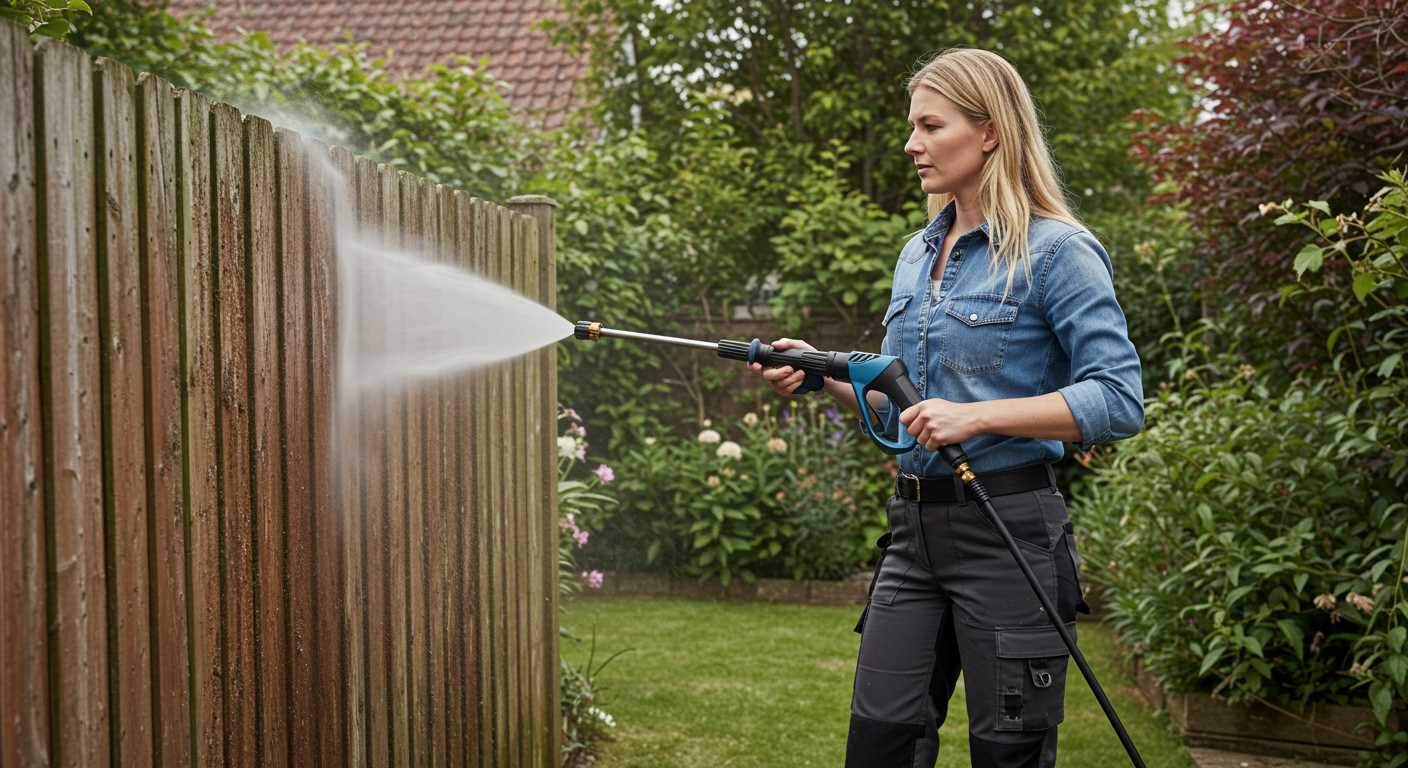
Gather the following items before starting:
- New pump lubricant
- Oil drain pan
- Funnel
- Rags or paper towels
- Wrench set
- Safety gloves
Step-by-Step Procedure
- Turn off the machine and disconnect it from the power source to prevent any accidents.
- Allow the pump to cool completely if it has been in use.
- Locate the oil drain plug; it is typically at the lowest point of the pump.
- Use a wrench to carefully unscrew the drain plug, allowing the old lubricant to flow into the drain pan. Dispose of the used oil in accordance with local regulations.
- Clean the drain area with a rag to remove any residue before sealing it up again.
- Reattach the drain plug securely, ensuring it is tight to prevent leaks.
- Locate the oil fill port, often marked clearly on the pump body.
- Using a funnel, pour the recommended amount of new lubricant into the fill port. Check the manufacturer’s specifications for the exact quantity and type required.
- Clean up any spillage around the fill area.
- Replace the fill cap tightly to ensure no contamination occurs.
- Run the machine briefly without a nozzle attached to circulate the new lubricant, then turn it off and check for leaks.
Maintenance Tips
Regularly check oil levels and condition to maintain peak efficiency. Schedule this task every 50 hours of operation or as advised by manufacturer guidelines.
| Maintenance Task | Frequency |
|---|---|
| Change pump lubricant | Every 50 hours |
| Inspect seals and fittings | Every 25 hours |
| Clean inlet screen | Every 10 hours |
Following these steps and tips will prolong the lifespan of the pump and enhance its functionality. Regular maintenance is key to optimal operation.
Common symptoms of using incorrect oil in pressure washer pumps
Discolouration of the fluid can indicate an incompatibility with the lubrication system, often suggesting improper formulation or degradation. If the oil appears milky, this may also point to contamination with water, which can lead to corrosion and damage within the mechanics.
Unusual noises, such as grinding or knocking sounds emanating from the unit during operation, typically signal inadequate lubrication. This can result in increased friction and significant wear on moving parts, leading to more extensive repairs.
Overheating is another telltale sign. If the pump runs excessively hot to the touch, this may suggest that the lubrication does not provide the necessary thermal stability, putting further strain on the components.
Reduced performance, evidenced by decreased pressure output or erratic spraying patterns, often correlates with the use of unsuitable lubrication. This can stem from inadequate protection of internal components, leading to inefficient operation and diminished cleaning effectiveness.
Frequent leaks around seals or gaskets may manifest, indicating that the viscosity of the lubricant does not match the pump’s requirements. This can lead to accelerated wear on seals, resulting in costly repairs or replacements.
Taking immediate action upon noticing any of these symptoms is crucial. Regular maintenance and using the correct lubrication will enhance both performance and longevity of the machinery.
Maintenance tips for prolonging pressure washer pump life
Regular checks and maintenance are key. Ensure the water supply is free from debris before operating the machine, as contaminants can damage internal components.
Change the lubricants as per the manufacturer’s recommendations. Each type has specific intervals, and neglecting this can lead to increased wear and tear.
After each use, run the equipment for a few minutes with a cleaning solution. This will help clear out any residues and prevent build-up that may affect performance.
Store the equipment indoors in a dry environment. Extreme temperatures and humidity can harm seals and other parts.
Inspect hoses and connections for leaks or wear. Damaged parts should be replaced immediately to avoid strain on the motor.
Use a low-temperature detergent suitable for pressure machines. Non-compliant solutions can cause foam build-up in the pump.
Keep the intake filter clean. A dirty filter restricts water flow, causing overheating issues.
Check for signs of corrosion on metal components. Rust can compromise structural integrity, and preventative sprays can be applied to stop further development.
Test the pressure gauge regularly. Anomalies can signal underlying problems with the pump or system.
- Lubricate moving parts according to specifications.
- Verify that all screws and bolts are tightened to manufacturer specifications.
- Consider running a pump protector as a seasonal maintenance step.
- Record maintenance actions in a log for future reference.
Following these practices will significantly enhance the longevity of your cleaning device, ensuring reliable performance over time.
Expert opinions on oil choices for pressure washer pumps
I have observed that many individuals lean towards readily available lubricants, yet expert views strongly favour specific formulations tailored for pump applications. The consensus typically stresses the importance of avoiding alternatives that might not meet the operational specifications required for optimal performance.
Insights from Industry Specialists
Experts frequently point out the unique demands of these machinery components. This includes considerations about thermal stability and resistance to foaming, which standard lubricants may lack. Formulations designed specifically for pumps contain additives that enhance their performance under high-pressure conditions, ensuring smoother operation and improved longevity.
Manufacturer Recommendations
Those with extensive experience in the field advocate strictly adhering to manufacturer guidelines for appropriate lubricants. They often mention that using recommended oils maximises efficiency and minimizes risks associated with equipment failure. This practice not only ensures compliance with warranty conditions but also aids in maintaining performance standards over time.
FAQ:
Can I use compressor oil in my pressure washer pump?
No, it is not advisable to use compressor oil in a pressure washer pump. Compressor oil is formulated for a different purpose and does not provide the necessary lubrication and protection required for pressure washer pumps. Using the wrong type of oil can lead to damage and reduced performance of the pump.
What type of oil should I use for my pressure washer pump?
Pressure washer pumps typically require special pump oil that is specifically designed for high-pressure applications. Look for products that indicate they are suitable for pressure washers. These oils often have additives that enhance their lubrication properties and protect the pump from wear and tear. Always check the user manual of your pressure washer for the recommended oil type and viscosity.
What could happen if I use the wrong oil in my pressure washer pump?
Using the incorrect oil, such as compressor oil, can have several negative effects on your pressure washer pump. It may not provide sufficient lubrication, leading to increased friction and wear of the internal components. Over time, this can result in overheating, reduced efficiency, and ultimately, pump failure. In some cases, using the wrong oil can void warranty claims, so it’s crucial to use the oil recommended by the manufacturer.







